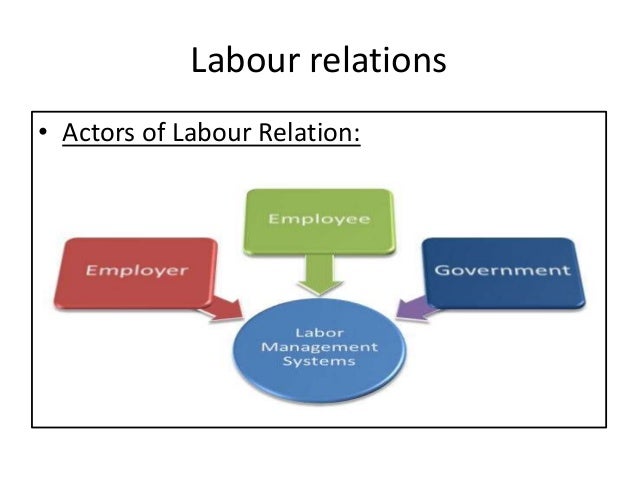
Yale School of Management in New Haven is a graduate school of management. It is home to 97 full-time professors, and offers a variety business programs. The university also offers international student scholarships and Career development services. Many scholarships are available to students interested in finance and business careers.
97 full-time professors
The School of Management at Yale University was established by Frederick W. Beinecke in 1971. The school's purpose was to offer master's degrees in business administration and public/private management. The school is home to 97 full-time business professors, and ranks among the top ten in the country.
The school's buildings and facilities include the Edward P. Evans Hall, a 240,000-square-foot facility with a 350-seat Zhang Auditorium and Ross Library. You will also find a café and a dining hall. Yale has 97 full time professors and 97 associate professors. The School's students average a 730 GMAT and 3.71 GPA.
Career development center
The Career Development Office (CDO) at Yale SOM provides career management services to more than 800 full-time MBA students and 5000+ alumni. CDO provides support and opportunities to students through the use of the right connections. Career services can be offered via one-on-1 coaching, virtual/online programs, and large scale conferences.

The Career Development Office is available to students to help them navigate the job-search process. Students can schedule appointments with career experts in person or over the phone. These remote appointments prove to be more productive for many students. Additionally, students can use the Career Management System online (CDM), which allows them to search and apply for senior roles, register for events, and manage a resume.
International Students Scholarships
Yale School of Management can be accepted in many ways. First, apply early. Although you are able to apply at any point throughout the year. You must start your application as soon and as often as possible. Yale accepts students all over the globe. You don't need to work full-time to be eligible for a scholarship through Silver Scholars. It is open for students from all parts of the world.
You should check the deadlines to apply for scholarships or other financial aid once you've submitted your application. There are two deadlines for undergraduate students: November 1st or January 2nd. International students must adhere to the deadlines for financial aid and application. Make sure to apply early and fill out all necessary forms in order to be considered for a scholarship.
GMAT/GRE requirements
Yale School of Management has very competitive GMAT/GRE requirements. Yale does not have a preferred score. It does acknowledge that test scores are important in the application process. List your highest GMAT/GRE scores when you submit your application. After you are admitted, send verified scores to Yale.
Yale School of Management requires that you have a four-year Bachelor's Degree or equivalent internationally. You can submit your application online by filling out the form. Attach your GMAT/GRE scores. Also, proof of English proficiency and financial ability are required. Two professional recommendations are required. Finally, you must pay the application fee.

Application fee
The Yale School of Management requires an application fee of $7,500 to begin your studies. The program is open to both national and international students. The online application process is used. All applicants must complete an online application. You will receive an email notification if you have been accepted to the program. To secure your place, you will need to provide additional documentation and pay a non-refundable commitment deposit. Information about your employment and housing will be required. Also, you may be eligible to apply for housing and employment on campus.
Two letters of recommendation must be submitted by professional seniors to apply to Yale School of Management. These letters should be detailed and contain examples and information about your strengths and limitations. Interviews with representatives of the school will be conducted. You should practice answering questions and providing details about yourself as you interview.
FAQ
Six Sigma is so well-known.
Six Sigma is easy and can deliver significant results. Six Sigma also gives companies a framework for measuring improvement and helps them focus on what is most important.
What's the difference between a program and a project?
A program is permanent, whereas a project is temporary.
Projects usually have a goal and a deadline.
It is often carried out by a team of people who report back to someone else.
A program often has a set goals and objectives.
It is usually implemented by a single person.
What are the 5 management processes?
These five stages are: planning, execution monitoring, review and evaluation.
Planning involves setting goals for the future. It includes defining what you want to achieve and how you plan to do it.
Execution happens when you actually do the plan. These plans must be adhered to by everyone.
Monitoring is checking on progress towards achieving your objectives. Regular reviews of performance against targets, budgets, and other goals should be part.
Every year, there are reviews. They are a chance to see if everything went smoothly during the year. If not there are changes that can be made to improve the performance next year.
After each year's review, evaluation occurs. It helps identify which aspects worked well and which didn't. It also gives feedback on how well people did.
Statistics
- The profession is expected to grow 7% by 2028, a bit faster than the national average. (wgu.edu)
- Our program is 100% engineered for your success. (online.uc.edu)
- As of 2020, personal bankers or tellers make an average of $32,620 per year, according to the BLS. (wgu.edu)
- This field is expected to grow about 7% by 2028, a bit faster than the national average for job growth. (wgu.edu)
- Hire the top business lawyers and save up to 60% on legal fees (upcounsel.com)
External Links
How To
How does Lean Manufacturing work?
Lean Manufacturing uses structured methods to reduce waste, increase efficiency and reduce waste. They were created in Japan by Toyota Motor Corporation during the 1980s. The aim was to produce better quality products at lower costs. Lean manufacturing is about eliminating redundant steps and activities from the manufacturing process. It includes five main elements: pull systems (continuous improvement), continuous improvement (just-in-time), kaizen (5S), and continuous change (continuous changes). The production of only what the customer needs without extra work is called pull systems. Continuous improvement refers to continuously improving existing processes. Just-in time refers to components and materials being delivered right at the place they are needed. Kaizen means continuous improvement. Kaizen involves making small changes and improving continuously. Five-S stands for sort. It is also the acronym for shine, standardize (standardize), and sustain. These five elements are used together to ensure the best possible results.
Lean Production System
Six key concepts are the basis of lean production:
-
Flow - The focus is on moving information and material as close as possible to customers.
-
Value stream mapping - Break down each stage in a process into distinct tasks and create an overview of the whole process.
-
Five S's - Sort, Set In Order, Shine, Standardize, and Sustain;
-
Kanban - visual cues such as stickers or colored tape can be used to track inventory.
-
Theory of Constraints - Identify bottlenecks in the process, and eliminate them using lean tools such kanban boards.
-
Just-in-time delivery - Deliver components and materials right to your point of use.
-
Continuous improvement - incremental improvements are made to the process, not a complete overhaul.